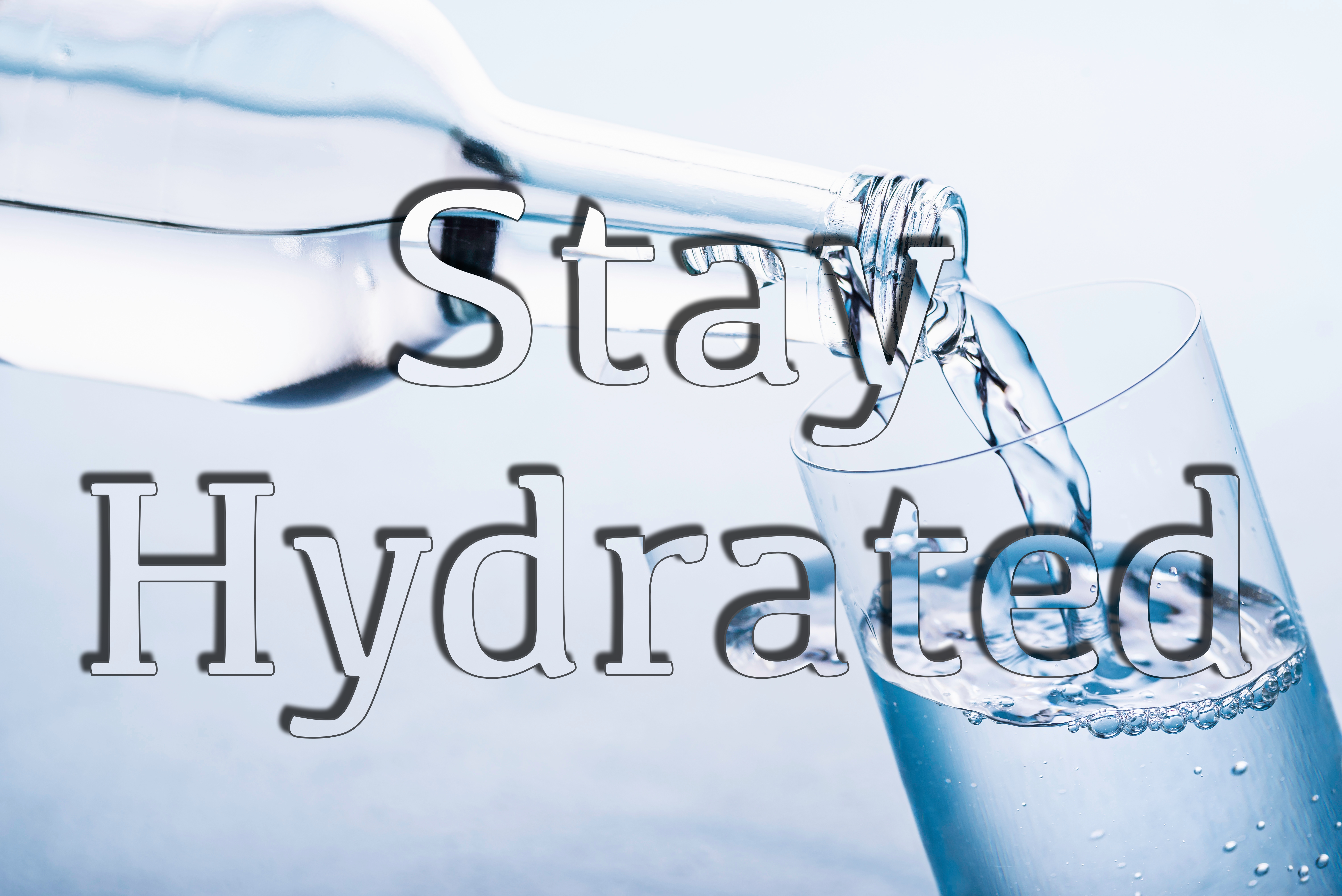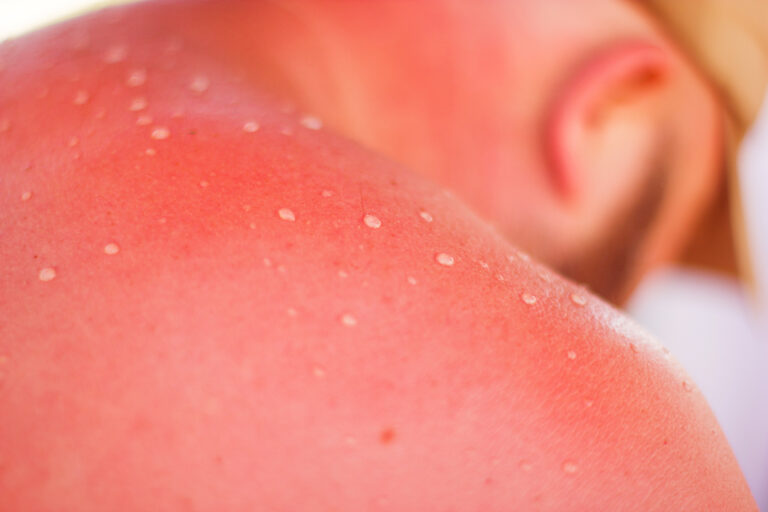Drink Up! Ultimate Guide to Staying Hydrated this Summer
Introduction
You’re going to be having a lot of fun this summer, but it’s important to remember to stay hydrated! Dehydration is a common problem among seniors (occurs in about 17-28% of older adults in the United States1) and can lead to serious complications if left untreated. In this post, we’ll share early warning signs of dehydration and tips for increasing hydration!
Tips for Increasing Hydration
- Increase electrolyte intake
You might have heard of electrolytes in intense sports, but you can benefit from them as well! Electrolytes are minerals that help maintain optimal fluid balance in our bodies. Drinking fluids with electrolytes helps prevent dehydration and helps you hydrate faster. You can try hydration packets like Liquid IV which provide an electrolyte boost when added to water or sports drinks like Gatorade or Powerade.
- Eat foods with high water content
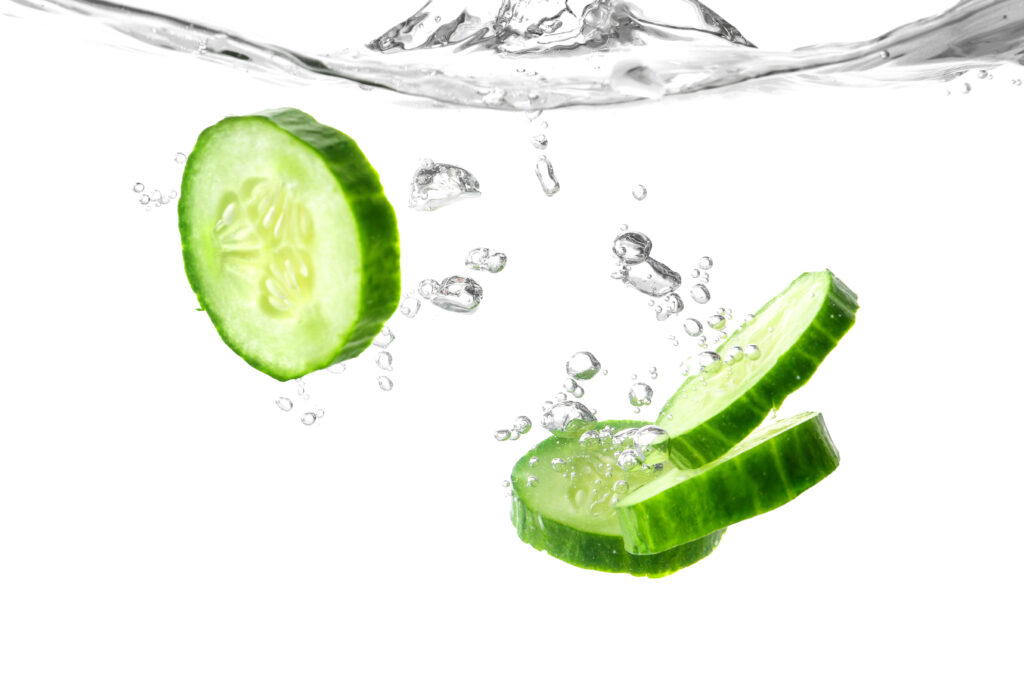
Consuming foods with high water content, 80% water or above, can contribute to your overall hydration. Here are 10 refreshing foods with high water content2 you can snack on this summer to help stay hydrated this summer:
- Cucumber (96% water)
- Iceberg lettuce (96% water)
- Tomatoes (94-95% water)
- Watermelon (92% water)
- Bell peppers (92% water)
- Strawberries (91% water)
- Broccoli (91% water)
- Peaches (89% water)
- Oranges (87% water)
- Pineapple (87% water)
- Avoid dehydrating fluids and foods
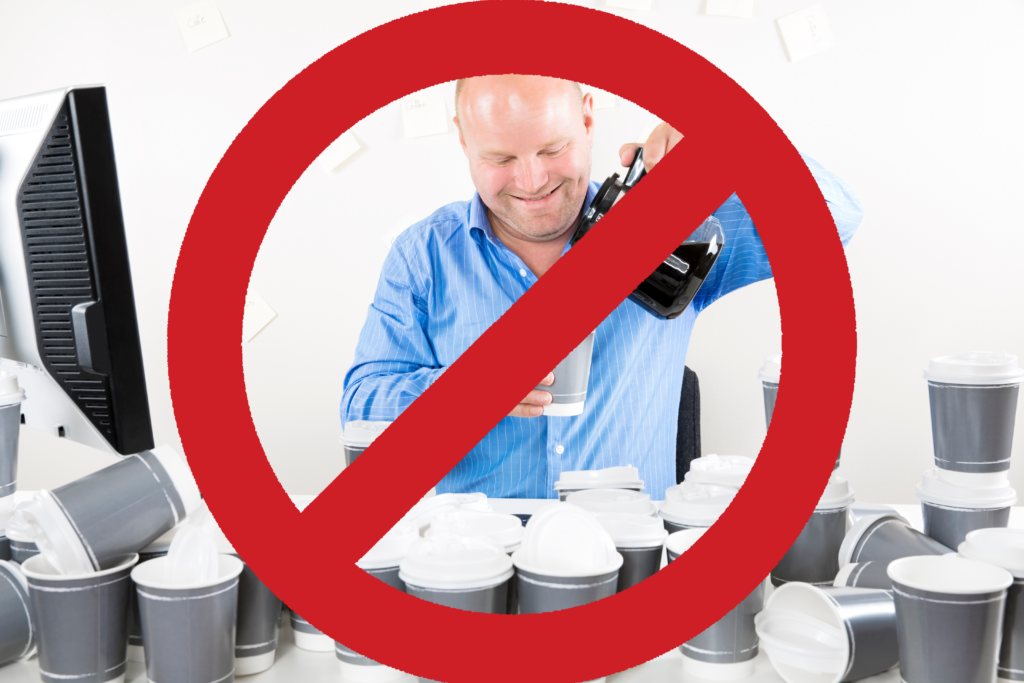
Certain fluids and substances can contribute to dehydration. We aren’t saying you need to cut these out completely, just think of them as “negative water” since your body uses up water to process them. If you do indulge in fluids containing the following, just be sure to drink plenty of water with them:
- Caffeine (coffee, sodas, etc.)
- Alcohol
- Sugar
- Certain medications, ask your doctor for more information
- Sip throughout the day
Instead of consuming large amounts of fluids in one sitting, try drinking small sips throughout the day. This ensures a steady intake of fluids and helps maintain consistent hydration levels.
Troubleshooting Hydration
If you are having trouble with consistent hydration, don’t worry! Lots of people struggle with drinking enough water each day. Here are some common complaints and difficulties people run into and ways you can work around them:
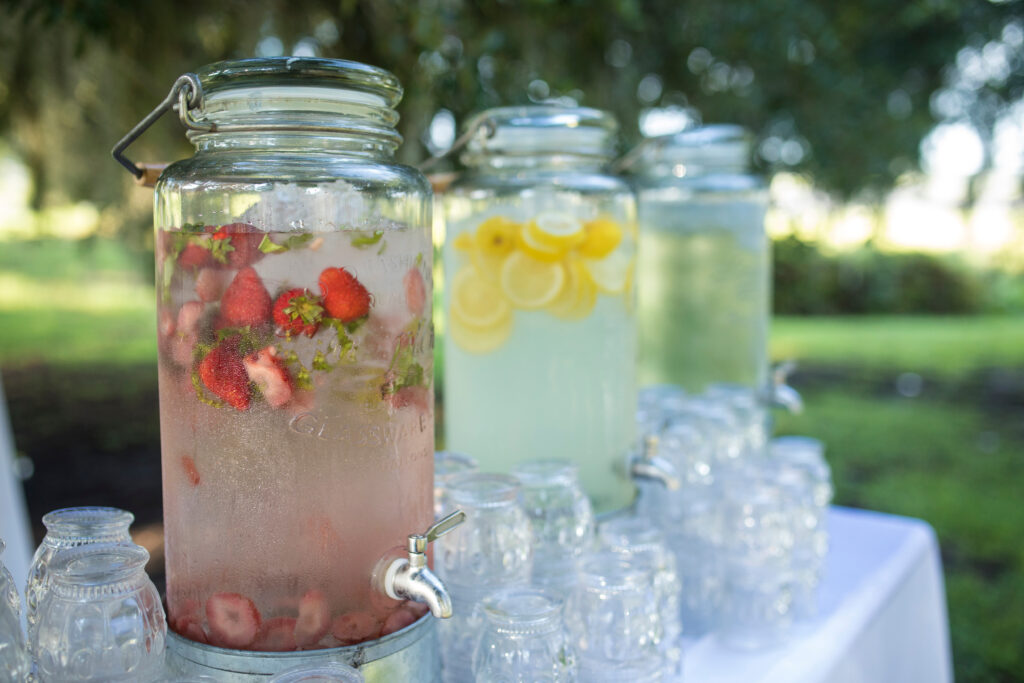
- “I hate the taste of water!”
If plain water doesn’t appeal to you, try adding flavor to your water. Fruit (berries, lemon, limes), mint, or even cucumbers are refreshing additions that can change how your water tastes. You can also explore flavor packets or additives you can add to your water to change how it tastes; you can find these in most local grocery stores.
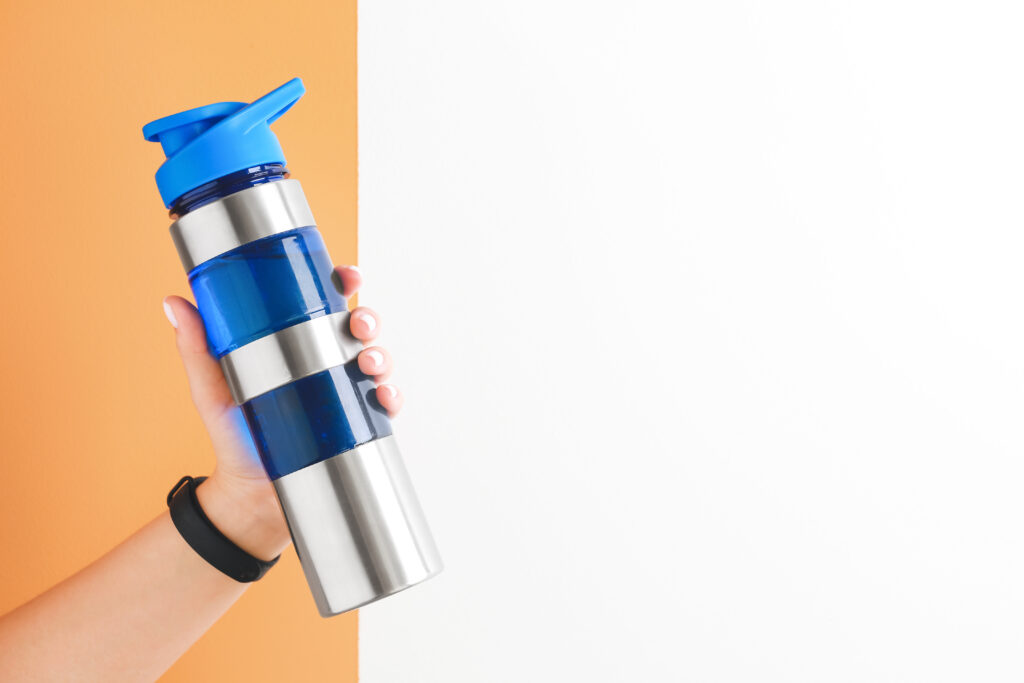
- “I always forget to drink water!”
If you’re always on the move and forget to drink water, find a fun water bottle you can take with you. Alternatively, you can place water bottles in all the different rooms of the house you frequent so that it’s always available. The water bottles can serve as a reminder to stay hydrated.
- “I have trouble swallowing, I always choke or cough when I drink!”
Lots of people experiencing having food or liquid “go down the wrong pipe.” Sometimes minimizing distractions during mealtimes or drinking with a straw can help with this.
However, if difficulties with swallowing or increased coughing during mealtimes persist, you may need to see a doctor as this puts you at risk for pneumonia. They most likely will recommend you see a speech language pathologist to complete a swallowing exam to see which consistencies give you the most trouble and recommend strategies to implement during meals to make swallowing safer. They may also recommend you see an occupational therapist to see if using different straws, utensils, or cups can help with your swallowing issues.
Signs of Dehydration
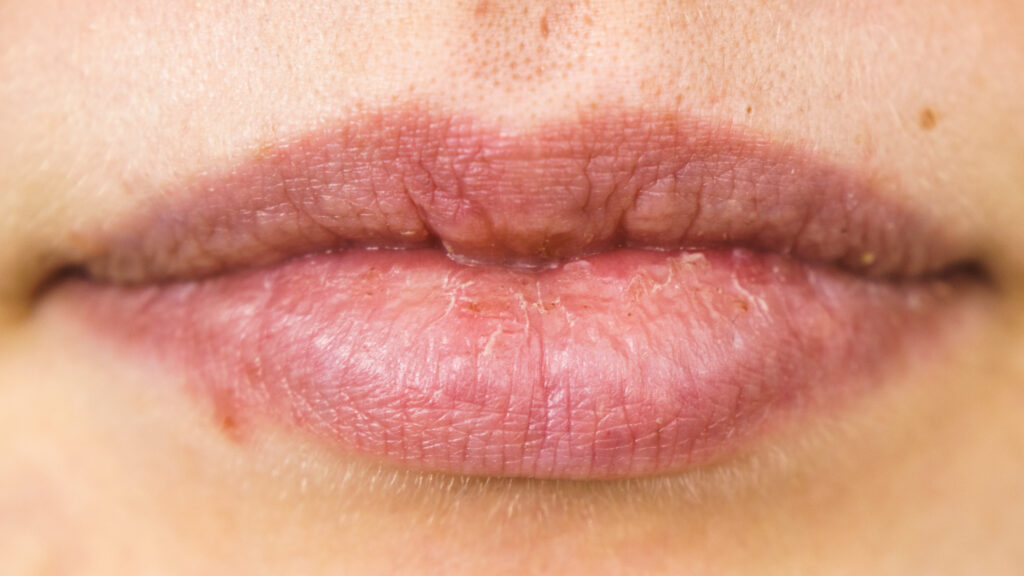
Dehydration occurs when our bodies lose more fluids than they take in. If you or a loved one experience any of the following, it is important to seek medical attention immediately3
- Dry mouth, lips, and tongue
- Fatigue and lethargy
- Dark-colored urine or decreased urine output
- Headaches or dizziness
- Confusion or disorientation
- Muscle cramps
- Sunken eyes or cheeks
- Skin that lacks elasticity
- Low blood pressure
- Rapid heart and breathing rates
Conclusion
Staying hydrated is crucial for maintaining good health, especially for seniors. Dehydration can lead to serious complications, but by recognizing the signs, increasing hydration through the tips above, and troubleshooting common challenges, you can prioritize your well-being and stay hydrated all summer. Let’s make hydration a top priority and enjoy a healthier and more vibrant life!
Stay informed and receive resources and site updates by subscribing to our Newsletter!
References
- Taylor K, Jones EB. Adult Dehydration. [Updated 2022 Oct 3]. In: StatPearls [Internet]. Treasure Island (FL): StatPearls Publishing; 2023 Jan-. Available from: https://www.ncbi.nlm.nih.gov/books/NBK555956/
- 15 foods that help you stay hydrated. (n.d.). Retrieved from https://www.uclahealth.org/news/15-food-that-help-you-stay-hydrated
- Dehydration – Symptoms & causes – Mayo Clinic. (2021, October 14). Retrieved from https://www.mayoclinic.org/diseases-conditions/dehydration/symptoms-causes/syc-20354086

